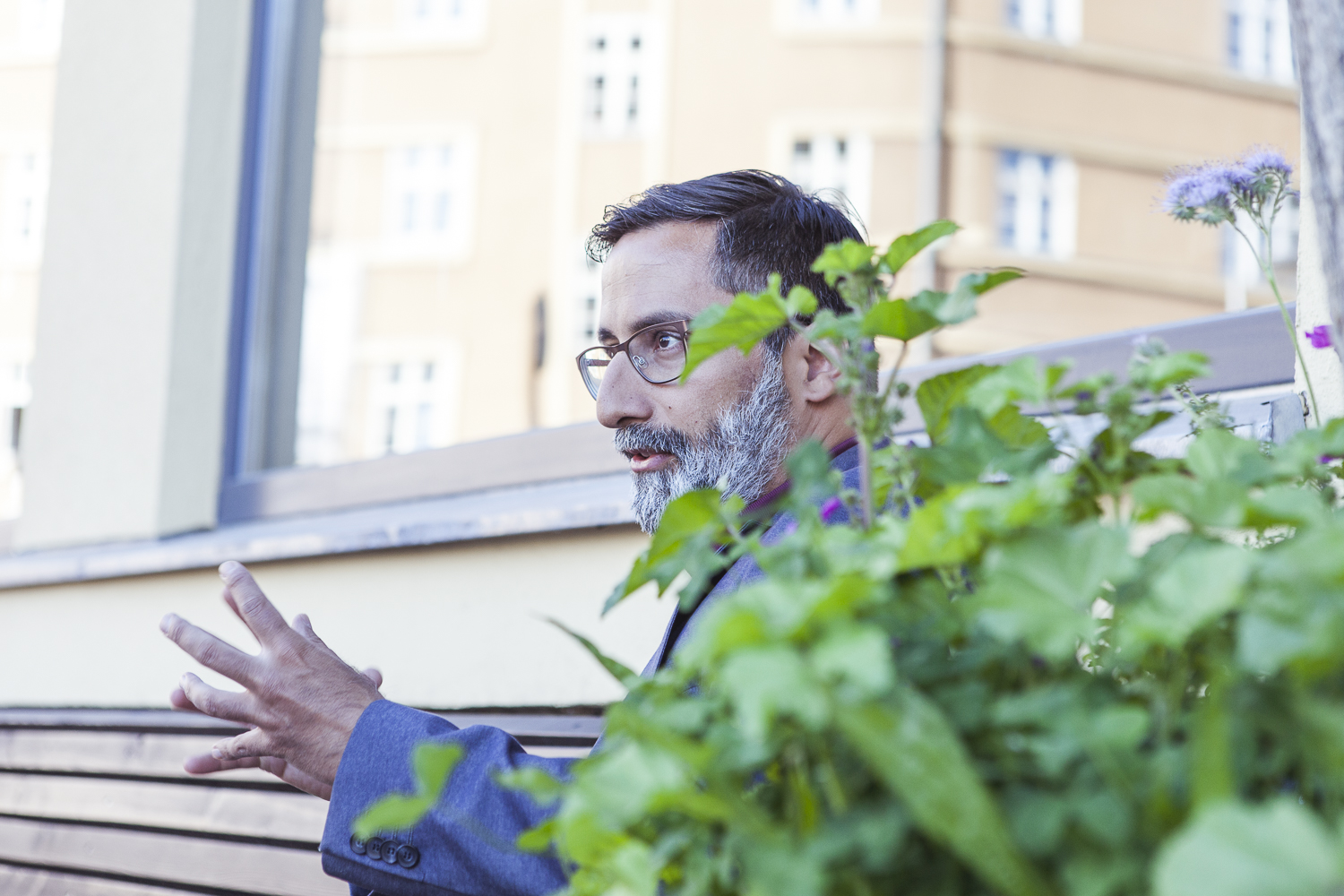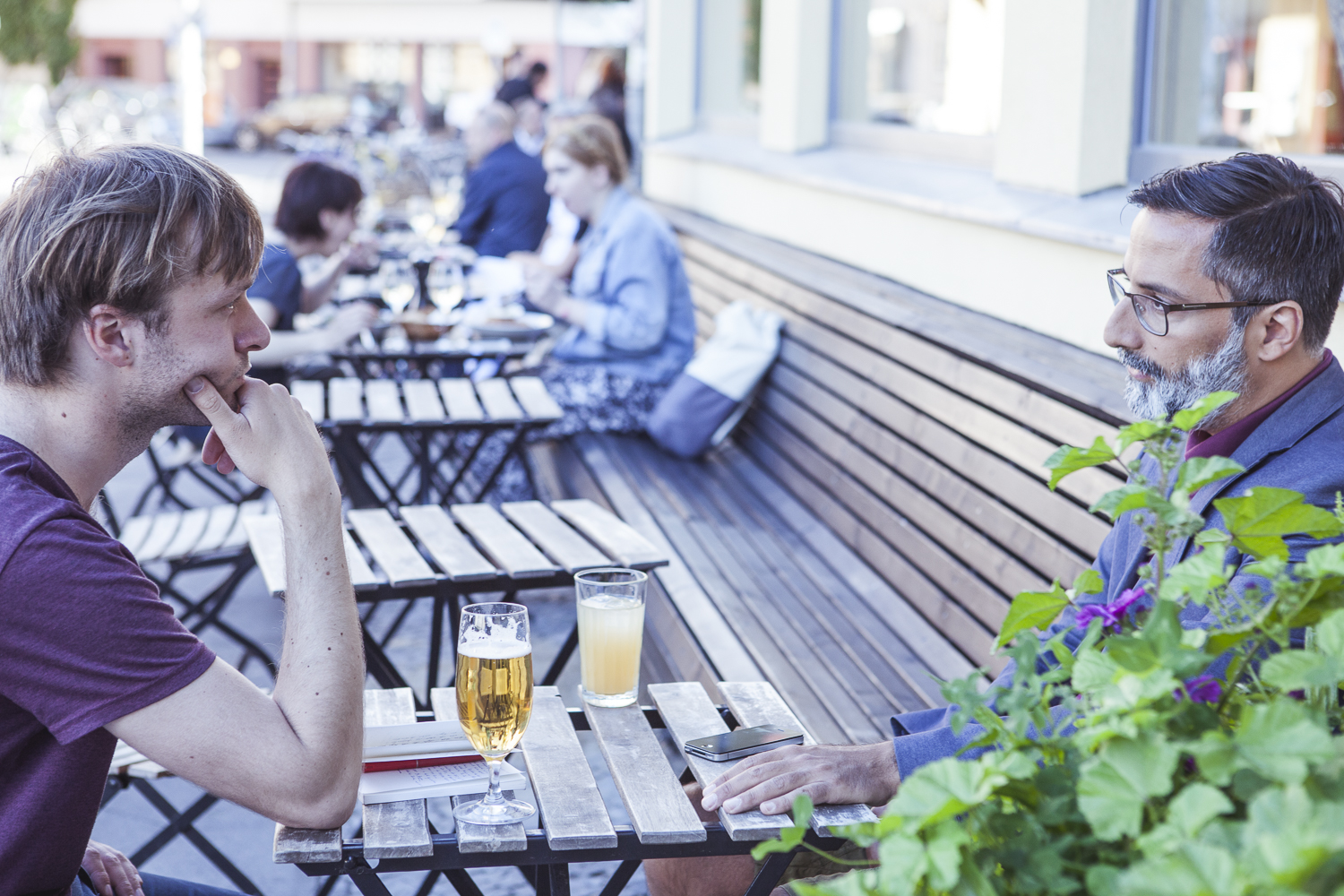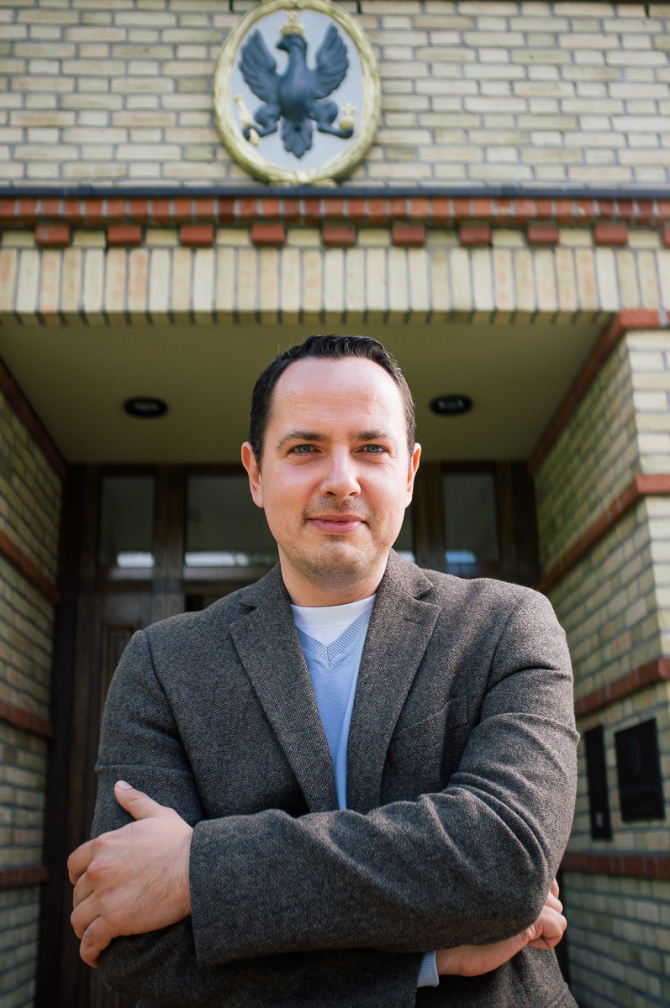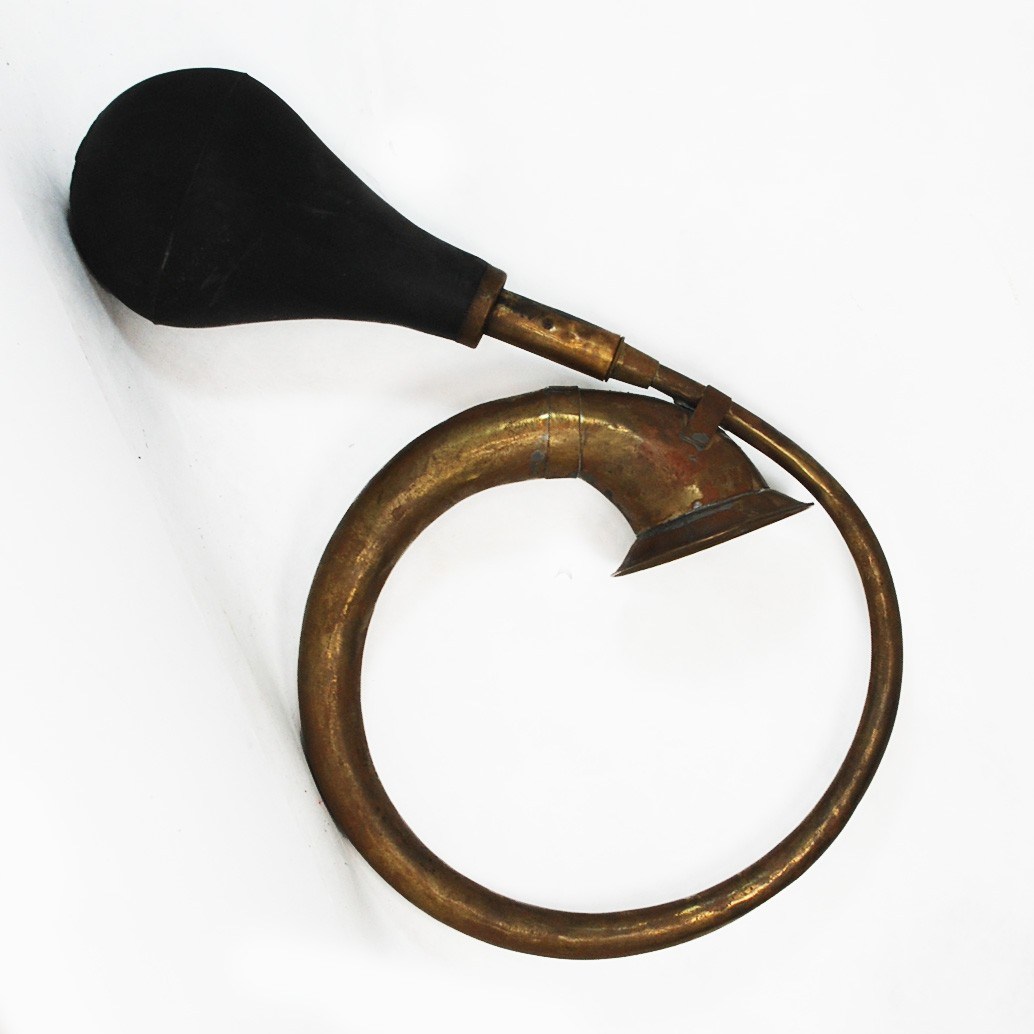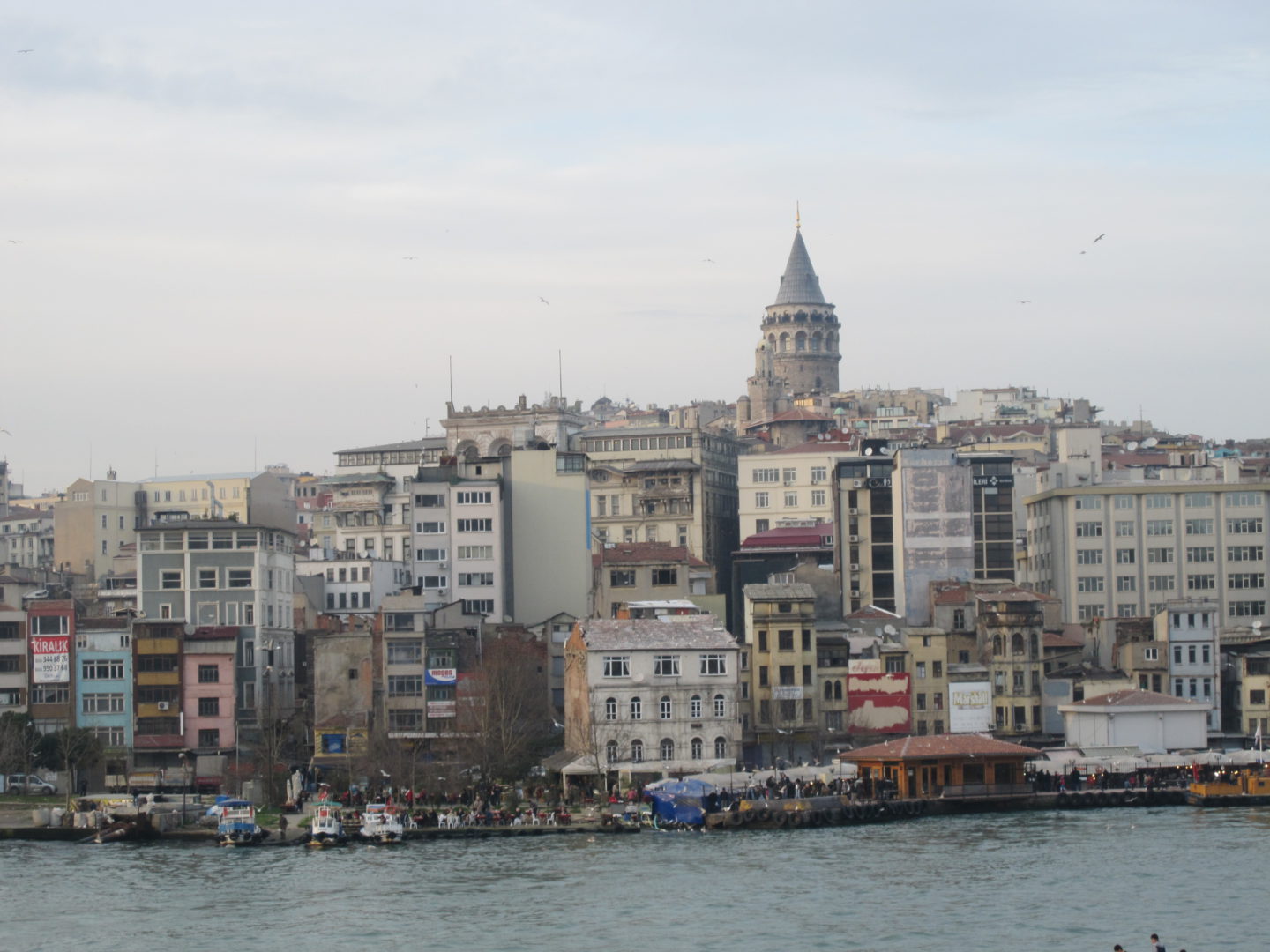Does he know anything about the people who put him on this planet in 1976? »Actually, I have no plan to find my biological parents,« answers Alexander Görlach.
The editor of the magazine The European sits in front of a restaurant in Rosa-Luxemburg-Platz in Berlin-Mitte , on the table is Apfelschorle – typically German. Görlach imagines an alternative life in a parallel universe. »There I grew up as the child of Muslim Turkish guest workers,« he says. In fact, he ended up as a Rhine-Hessian Catholic: He was an altar boy, celebrated Carnival and maintained other customs. That’s Görlach’s character. He doesn’t deny his Turkish background, but it’s only a side issue. When he was three, he learned that he was adopted and that his birth name was Fırat Kaya, the Turkish version of John Smith; in the village Wiesoppenheim in southern Wonnegau, where everyone knows one another, it’s obvious anyway – the child with the black hair and darker skin stands out.

»Of course, the Turkish side is a genetic fact« explains Görlach. »But not a social one.« The church in the village is important, the best hotel in town, licked clean, as Görlach says. The priest is engaged and is able to arouse enthusiasm for religion in the boy. His A-levels are followed by university in Mainz and Rome focusing on Catholic Theology, two doctorates, a research stay in Turkey, then a career in media enterprise. Görlach is fast, speaks fast, thinks fast, a member of the educated classes – with political persuasions. A further station along the way was as the deputy press publicist for the CDU/CSU in the Bundestag, only later did he become a CDU member, which he still is today.
»However, I’m the only one in our editing office with a CDU party membership,« says Görlach. »In any case, party political affiliations and the separation between left and right don’t play a role anymore.« Why he’s still a CDU member remains unexplained.
The European considers itself to be a debate magazine without a clear political orientation. It is there to illustrate opinions. From Wagenknecht to Steinbach, all are welcome to contribute, explains Görlach. »Sometimes I hold my hands clenched into fists in my pockets when I listen to the people speak.« But Görlach sits it out; contradicting standpoints are part of a debate.
In times of the so-called digital transformation in the newspaper business, the decision-makers at The European took an unusual path. First the internet magazine was available online starting in 2009, since 2012 is it also published in print. That’s the opposite of the norm in the branch: First the printed paper, then the online product.
Recently, things have not been going so well for the Berlin editing team. This year, the majority shareholder backed out, and The European began to totter. Finally, a media group from Munich took it over, the magazine seems saved for now. It will appear four times annually. It is clear how difficult the past months have been for The European in the foreword in the current edition, where it talks of a »turbulent summer.«
Is the internet worrying the newspaper industry? Are people reading less? »I’m no cultural pessimist«, says Görlach. In the analogue days, the people weren’t smarter. Görlach believes that the daily will soon disappear from the market, and in the meantime, weekly or monthly newspapers will appear and compete with the book. People need to rethink news and reading. Görlach has the temperament of a start-up entrepreneur, his positive stance and belief in progress remind one of Silicon Valley, California, where the motto is: Everything will get better. But perhaps it’s a Rhine-Hessian Catholic’s belief in God. Who knows. Görlach will surely survive the magazine The European.
